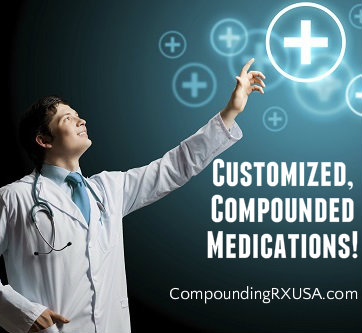The multi-state breakout of measles associated with travel to Disneyland Theme Parks in California was disturbing to many people. The Centers for Disease Control and Prevention (CDC) issued a health advisory in January advising that a total of 51 confirmed cases of measles had been reported: 42 were in California and nine were located in six other states. This event focused the public’s attention squarely on the issues of vaccines, measles treatment and public health response in general.
What Is Measles?
 Measles is a highly contagious viral illness. It begins with a cough, runny nose, fever and pink eye; these symptoms last for between two and four days before a rash develops. Measles can lead to severe health complications, such as encephalitis (inflammation of the brain caused by an infection), pneumonia, or death.
Measles is a highly contagious viral illness. It begins with a cough, runny nose, fever and pink eye; these symptoms last for between two and four days before a rash develops. Measles can lead to severe health complications, such as encephalitis (inflammation of the brain caused by an infection), pneumonia, or death.
Measles is transmitted through by contact with an infected person through sneezing or coughing. Someone who has been infected is contagious from four days before the rash starts to four days after it appears on the skin. Once an infected person leaves a location, the measles virus can survive on for up to two hours on surfaces, as well as in the air.
How Measles Was Spread At Disneyland Park
Even though measles was declared eliminated in the United States in 2000 because a high percentage of the population had been immunized against this disease, it doesn’t mean that measles does not exist in other locations throughout the world. Disney Theme Parks welcome international visitors, and some of them arrive from locations where measles is still a health threat.
Infants under the age of six months are too young to be vaccinated against measles and are not protected. Children 12 months of age or older who have not received two doses of the MMR vaccine (at least 28 days apart) may not be fully protected, and people who have not been vaccinated are at higher risk for contracting and spreading measles.
Treatment After Exposure To Measles
Measles is a virus; once the infection has been established, treating the symptoms is the best that medicine can offer. Those not-immunized can be given the measles vaccine within 72 hours of exposure. If measles develops, it is usually milder and lasts for a shorter length of time.
Pregnant women, people with weakened immune systems, or infants who are exposed to measles can receive an injection of immune serum globulin (antibodies) within six days of exposure to the virus. It can help to prevent measles or make symptoms less severe if they develop.
Compounding Pharmacists Prepare Customized, Flavored Medications
If pneumonia or an ear infection develops while a patient has measles, a doctor may prescribe antibiotics. Children may find them easier to take if they are prepared by a compounding pharmacy, like us here at The Compounding Pharmacy of America, who can create a customized and yummy-flavored liquid medicine for your child.
For More Information About Customized Compounding Medications, Contact Us Today!
Chief Operating Officer, The Compounding Pharmacy of America
Matthew Poteet, Pharm.D. graduated with Honors from Lee University with a Bachelors of Science in Biological Science. After his undergraduate training, he completed the Doctor of Pharmacy program at Mercer University Southern School of Pharmacy, graduating in 2004. Dr. Poteet has spent much of his pharmacy career on staff at two of the most prestigious academic teaching hospitals in the Southeast; Emory University in Atlanta and Vanderbilt University Medical Center in Nashville. At these institutions he received extensive experience and training in sterile products compounding.
He returned home to East Tennessee in 2010, where he has held the position of Pharmacy Director at two sterile products pharmacies in Knoxville. Matthew lives in Knoxville with his wife, Chris. Dr. Poteet is Tennessee’s first Board Certified Anti-Aging Pharmacist by the American Academy of Anti-Aging Medicine.
 Subscribe to Our Newsletter
Subscribe to Our Newsletter


